Publications
Our publications provide reliable information in plain language on a range of topics, such as understanding your cancer diagnosis, types of cancer treatments, ways to reduce your cancer risk and living with cancer.
All publications are available in English and French and some are also available in Chinese.
Publications are available online or you can order copies of certain titles through our Cancer Information Helpline at 1-888-939-3333 (toll-free) or info@cancer.ca.
Looking for something specific? To narrow your search, click on a topic below. To remove the filter, click on the topic again.
Our publications



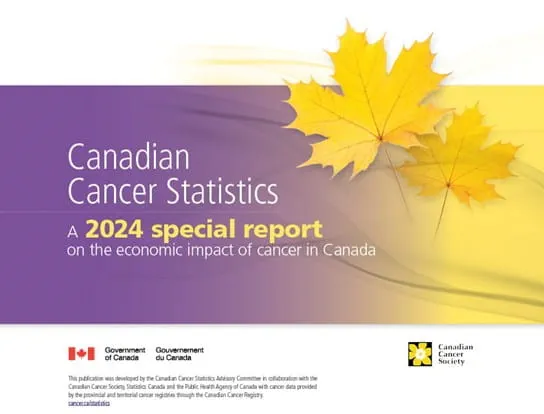







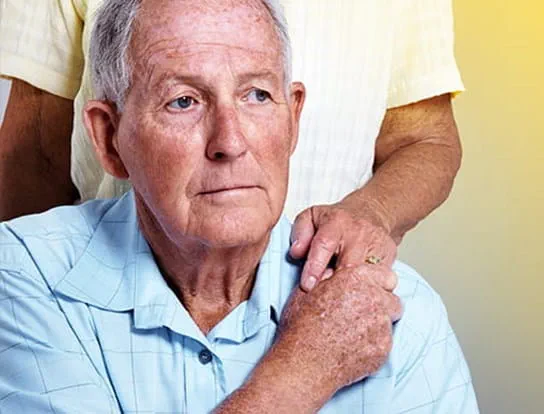

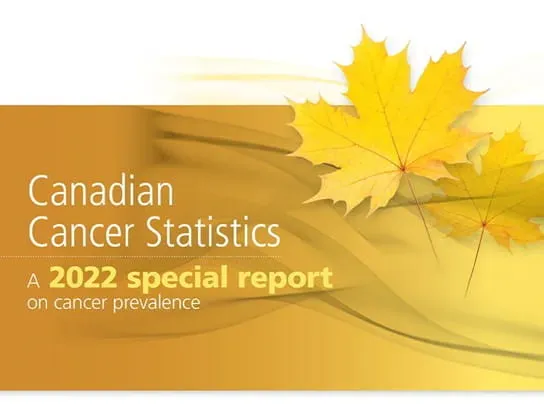
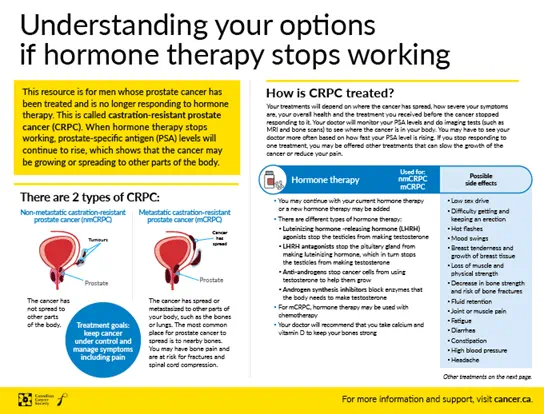
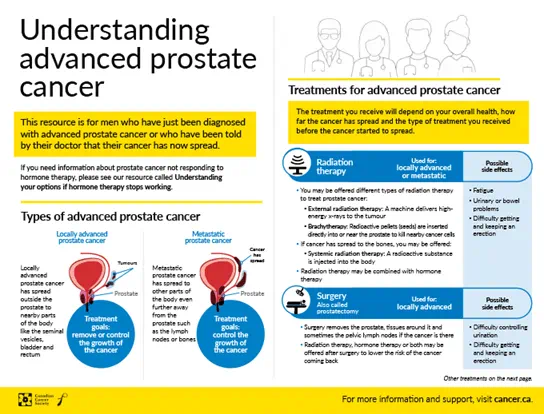
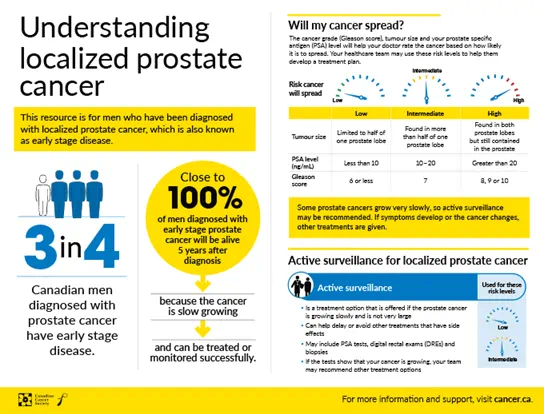
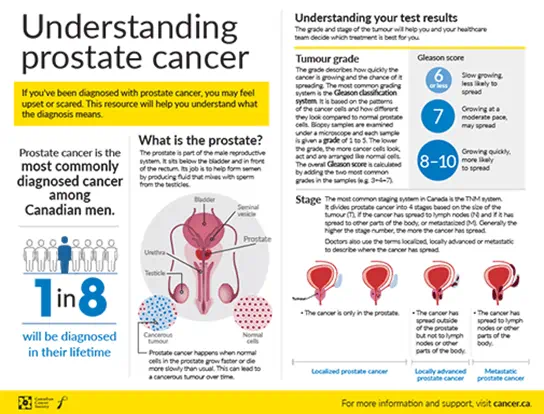
Your trusted source for accurate cancer information
With support from readers like you, we can continue to provide the highest quality cancer information for over 100 types of cancer.
We’re here to ensure easy access to accurate cancer information for you and the millions of people who visit this website every year. But we can’t do it alone.
Every donation helps fund reliable cancer information, compassionate support services and the most promising research. Please give today because every contribution counts. Thank you.
